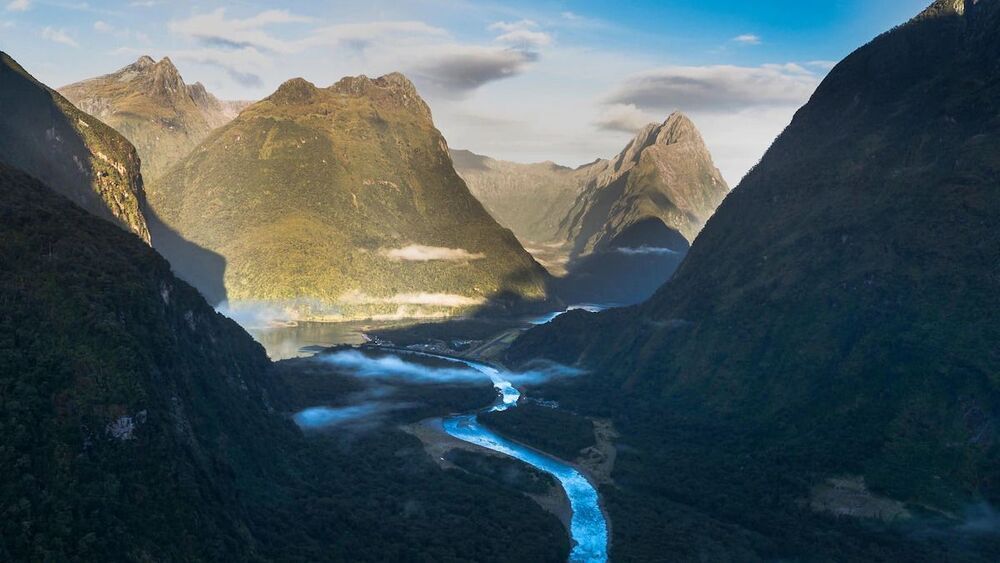“Continents are sort of like icebergs,” says study author Keith Klepeis, a structural geologist at the University of Vermont. “What you see at the surface is not really the full extent of the beast.”
The discovery, described in the journal Geology, may help solve a riddle that’s long perplexed scientists. Most continents contain a core of rock known as a craton, a sort of geologic nucleus at least a billion years old that acts like a stable base upon which continents build. Until now, though, the oldest continental crust found on Zealandia was dated to roughly 500 million years ago—relatively youthful in geologic terms. So if Zealandia is a continent, why did its craton seem to be missing?
This newfound fragment of ancient rock may be part of the missing piece for Zealandia. The discovery “ticks the final box,” Turnbull says. “We are sitting on a continent.”
